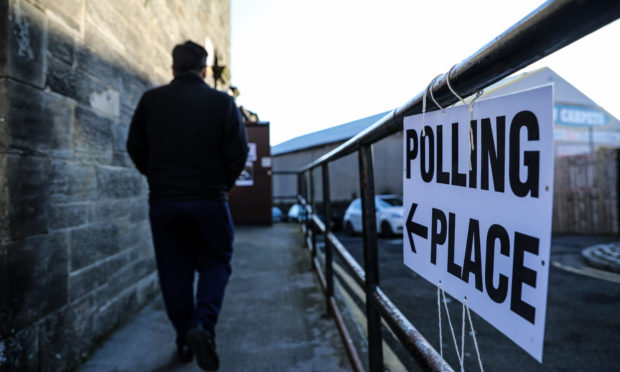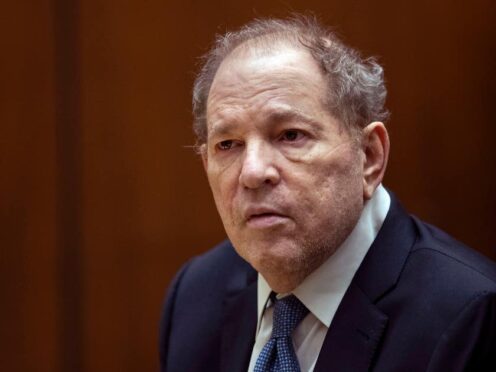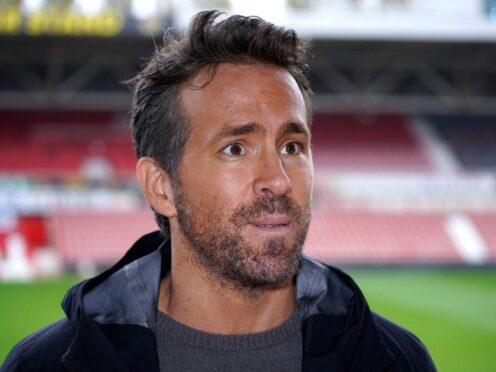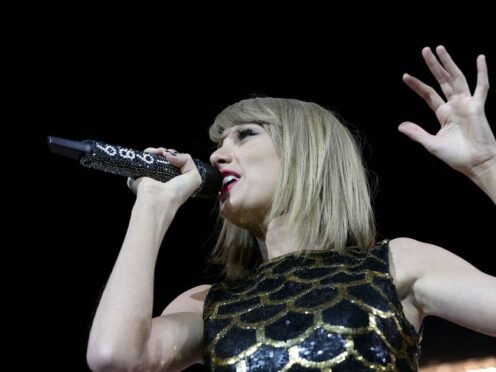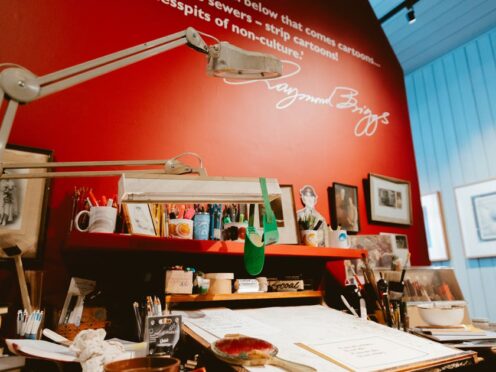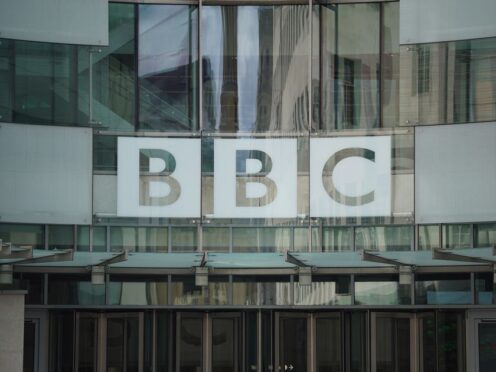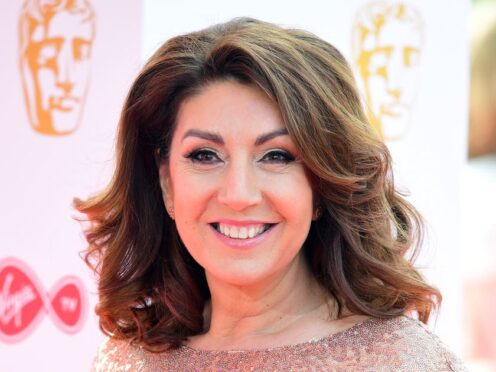Richard Leonard, who, at the time of writing, anyway, is still leader of the Scottish Labour Party, said this week that he does not have any Conservative friends.
Now, admittedly, the Tories are not particularly popular, even if they have somehow managed to secure themselves another majority in parliament.
But it’s a sorry state of affairs if someone like Mr Leonard cannot differentiate between the Tories, the big bad party of government, and people who may, for whatever reason, choose to vote Conservative in an election.
Because while it is perfectly possible to loathe the Tories, their policies and the general cut of their jib, the tragedy of modern day politics in the UK is the inability by large numbers of people to view life in anything other than absolutes.
And while I am aware your hypocrisy-o-meter is clanging loudly at the double standard of me stereotyping people in such a way, it is an inescapable fact that the body politic is more tribal, and therefore more aggressive, than ever before.
Whether people are SNP, Labour, which, at the time of writing, still exists, Conservative or the lesser-spotted Liberal Democrat, everything is now seen in black and white, particularly in the white-hot furnace of bad opinions that is social media.
Not all Conservative voters will agree with every Conservative policy, just as not all Labour party supporters had blind faith in Jeremy Corbyn.
And while the SNP has had one, single, over-riding purpose to bind its followers together, it is seeing various factions emerge within the independence movement as some members grow dissatisfied with the party’s gradualism.
Others are also using concerns over the Gender Recognition Act to lash out at the party’s leadership because, despite having followed, supported and propagandised for the party for years, they now find it intolerable to support a party where they disagree with one policy.
But the truth is that, in the real world, personal politics matters a lot less than it often appears to.
And like grown-ups, we accept that we may not agree with everyone on every single issue, whether they are our friends, relatives or simply people who might have put their cross next to the same candidate in a ballot paper.
It might seem like that last five and a bit years has been one, long drive to put everyone in a particular box. Are you pro or anti-independence? Pro-or-anti Brexit?
It’s a lot like the Emo Phillips joke about the passer-by who asks a man threatening to jump off the Golden Gate bridge if he believes in God.
He says he does and the passer-by then establishes that not only are they both Christian, they’re both Protestants. And not just Protestants, but Baptists.
This goes on and on until finally, the jumper says he belongs to a different minor sect (the Northern Conservative Baptist Great Lakes Region Council of 1912, to be exact) and, with a scream of “die, heretic” the passer-by (Northern Conservative Baptist Great Lakes Region Council of 1879) pushes him off the bridge.
The future, as the late, great Joe Strummer once said, is unwritten.
Whatever the years ahead may hold it is worth remembering that what we have in common is greater than our differences, as virulent as those may sometimes seem. The shape of British politics will continue to unfurl over the coming years and may now even unravel completely.
But we should always remember that just because someone is a political opponent, it does not necessarily make them our enemy.
Flat’s amazing
Every week I think I have written my final words about Professor Andrew Atherton, the blink-and-you’ll-miss him former principal of Dundee University, and every week I am wrong.
This week it emerged the university spent £75,000 recruiting Professor Atherton and then splurged another £72,000 or so doing up his digs.
Perhaps this is just the cost of doing business at universities these days: they are massive economic engines as much as they are seats of learning.
But when staff are on the picket lines complaining about pay and conditions, such largesse seems gratuitous.
Hogmanay dismay
Plans for an outdoor Hogmanay party in Dundee, the first since the Millennium, collapsed this week.
The City Square shindig has been moved indoors, with organisers blaming the council for imposing a whole host of stringent conditions relating to things like fire safety.
Organisers also say the council kept “moving the goalposts”. Whatever the truth, it is disappointing that Dundee still does not have a Hogmanay celebration worth the name.
